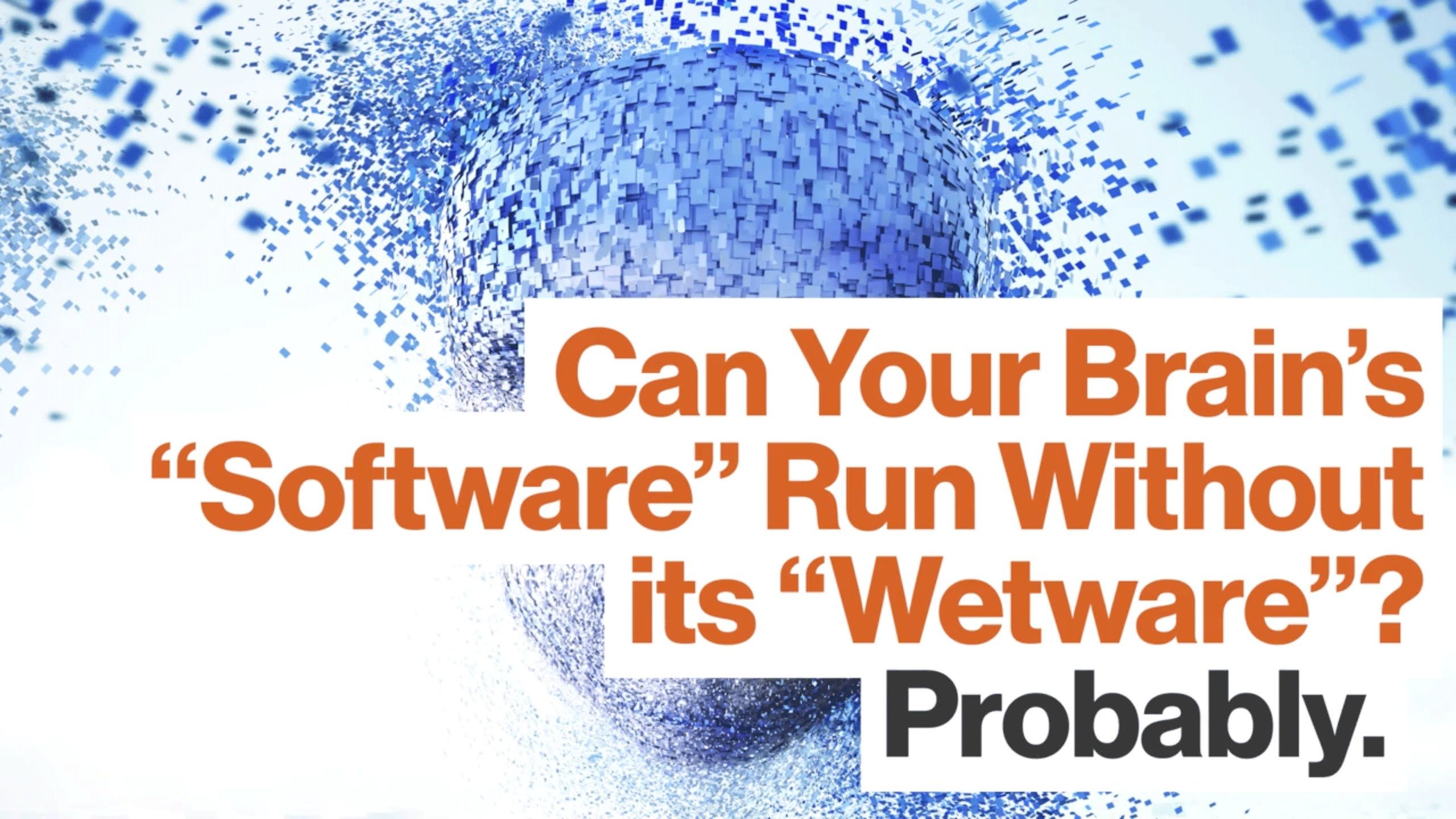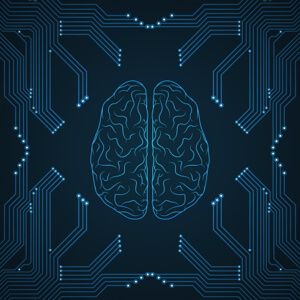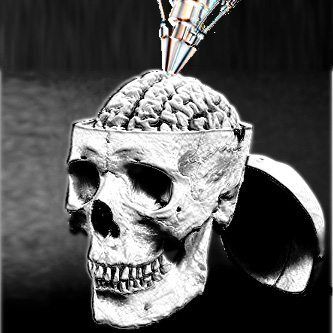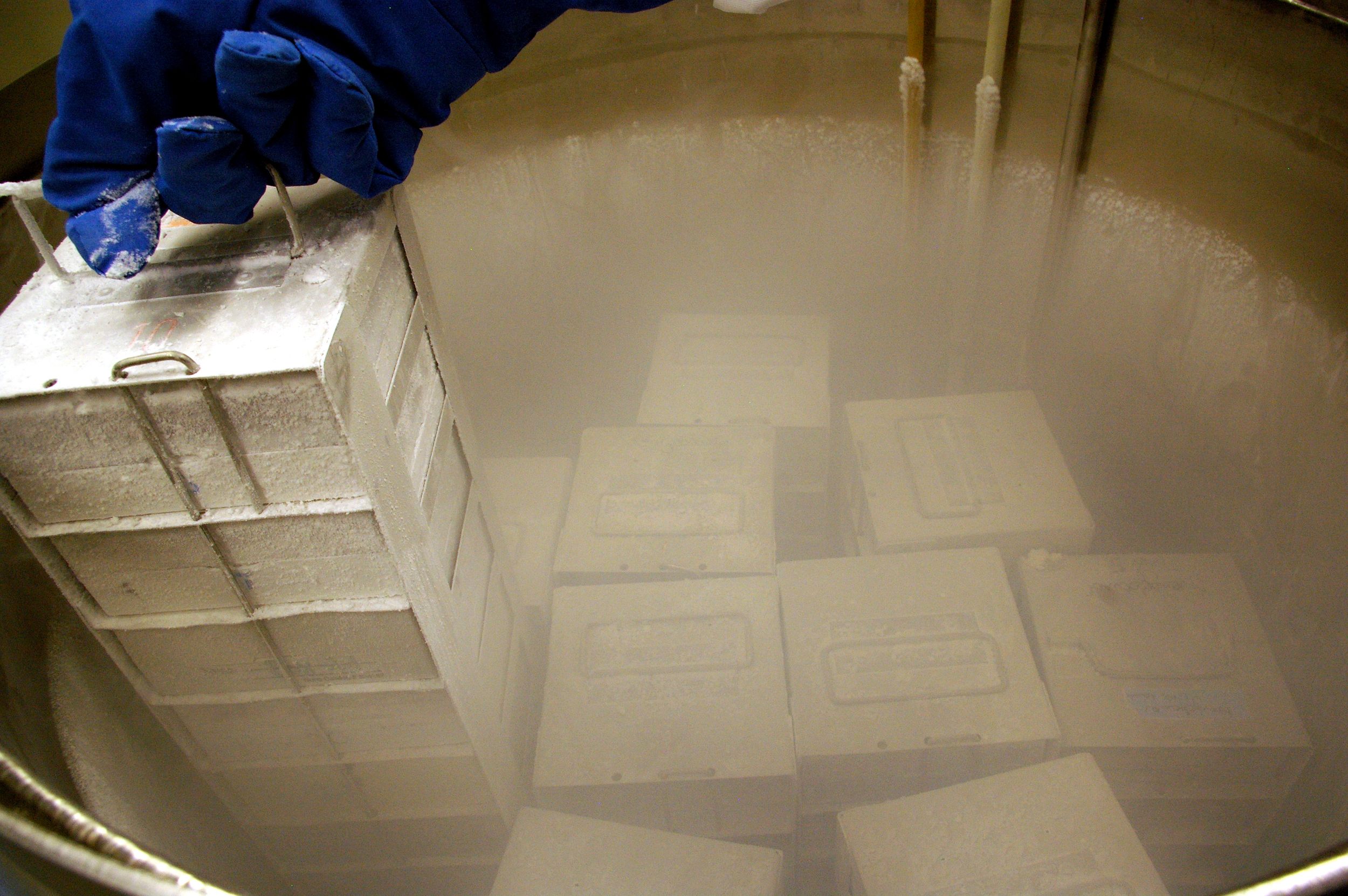With modern innovations such as artificial intelligence, virtual reality, wi-fi, tablet computing and more, it’s easy for man to look around and say that the human brain is a complex and well-evolved organ. But according to Author, Neuroscientist and Psychologist Gary Marcus, the human mind is actually constructed somewhat haphazardly, and there is still plenty of room for improvement.
“I called my book Kluge, which is an old engineer’s word for a clumsy solution. Think of MacGyver kind of duct tape and rubber bands,” Marcus said. “The thesis of that book is that the human mind is a kluge. I was thinking in terms of how this relates to evolutionary psychology and how our minds have been shaped by evolution.”
Marcus argued that evolution is not perfect, but instead it makes “local maxima,” which are good, but not necessarily the best possible solutions. As a parallel example, he cites the human spine, which allows us to stand upright; however, since it isn’t very well engineered, it also gives us back pain.
“You can imagine a better solution with three legs or branches that would distribute the load better, but we have this lousy solution where our spines are basically like a flag pole supporting 70 percent of our body weight,” Marcus said.
Continue reading “Can Humans Actually Have A Brain Like A Computer?” »

















